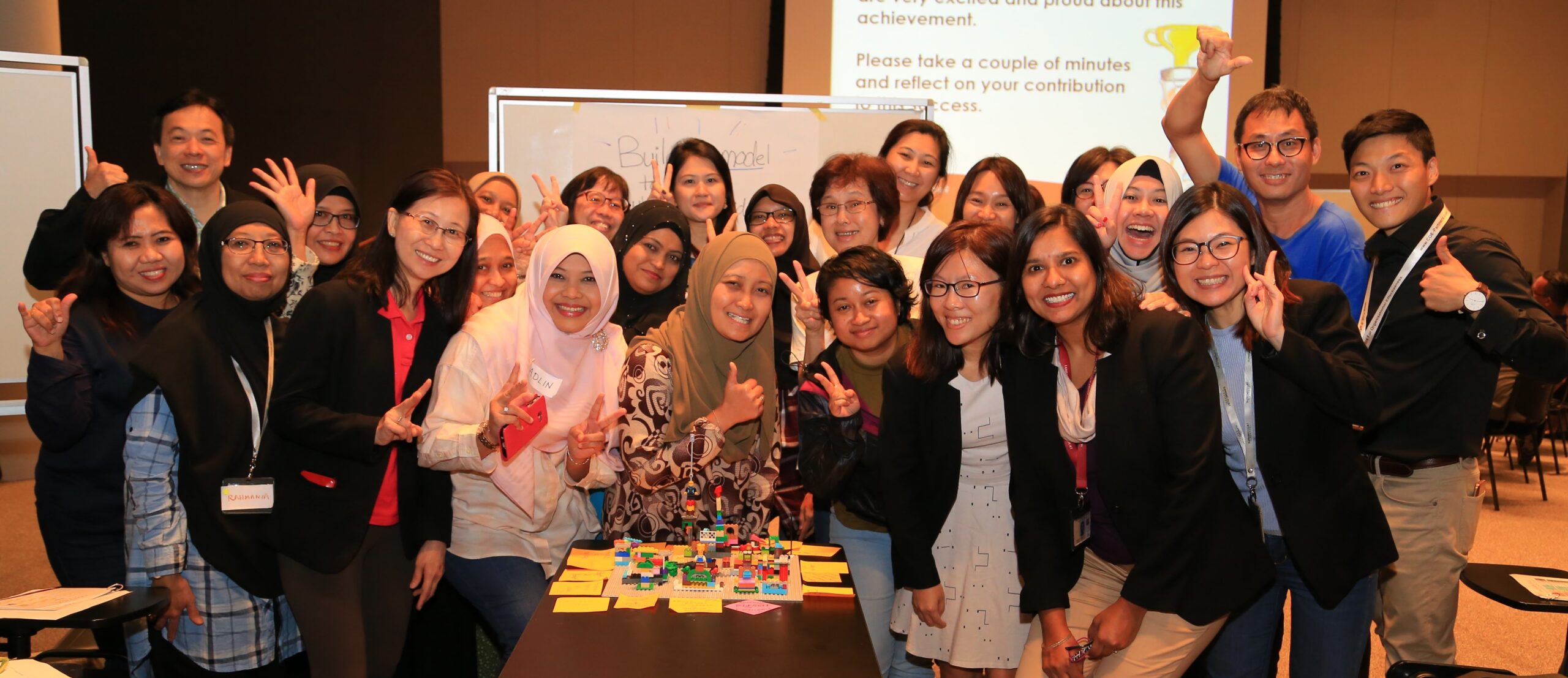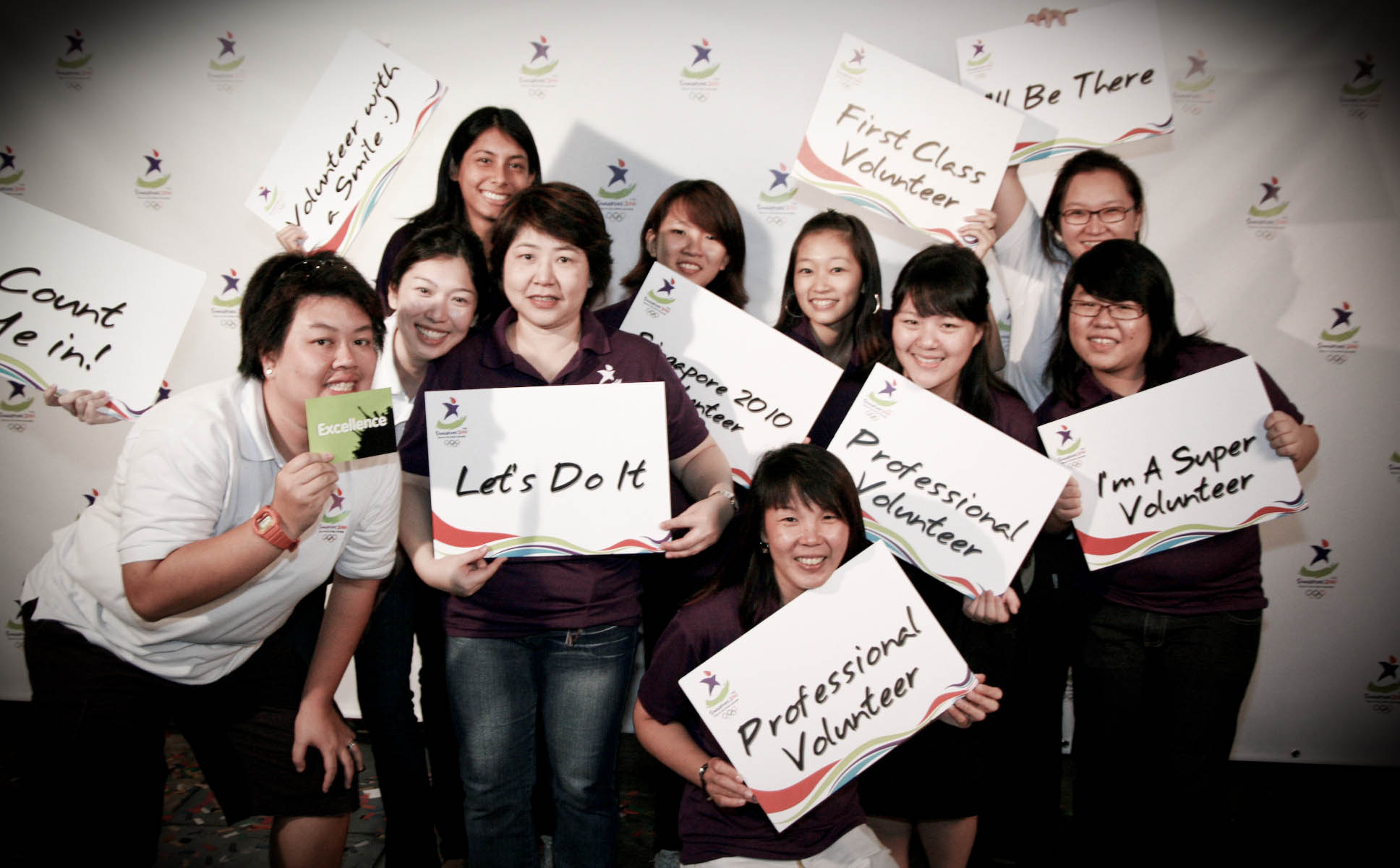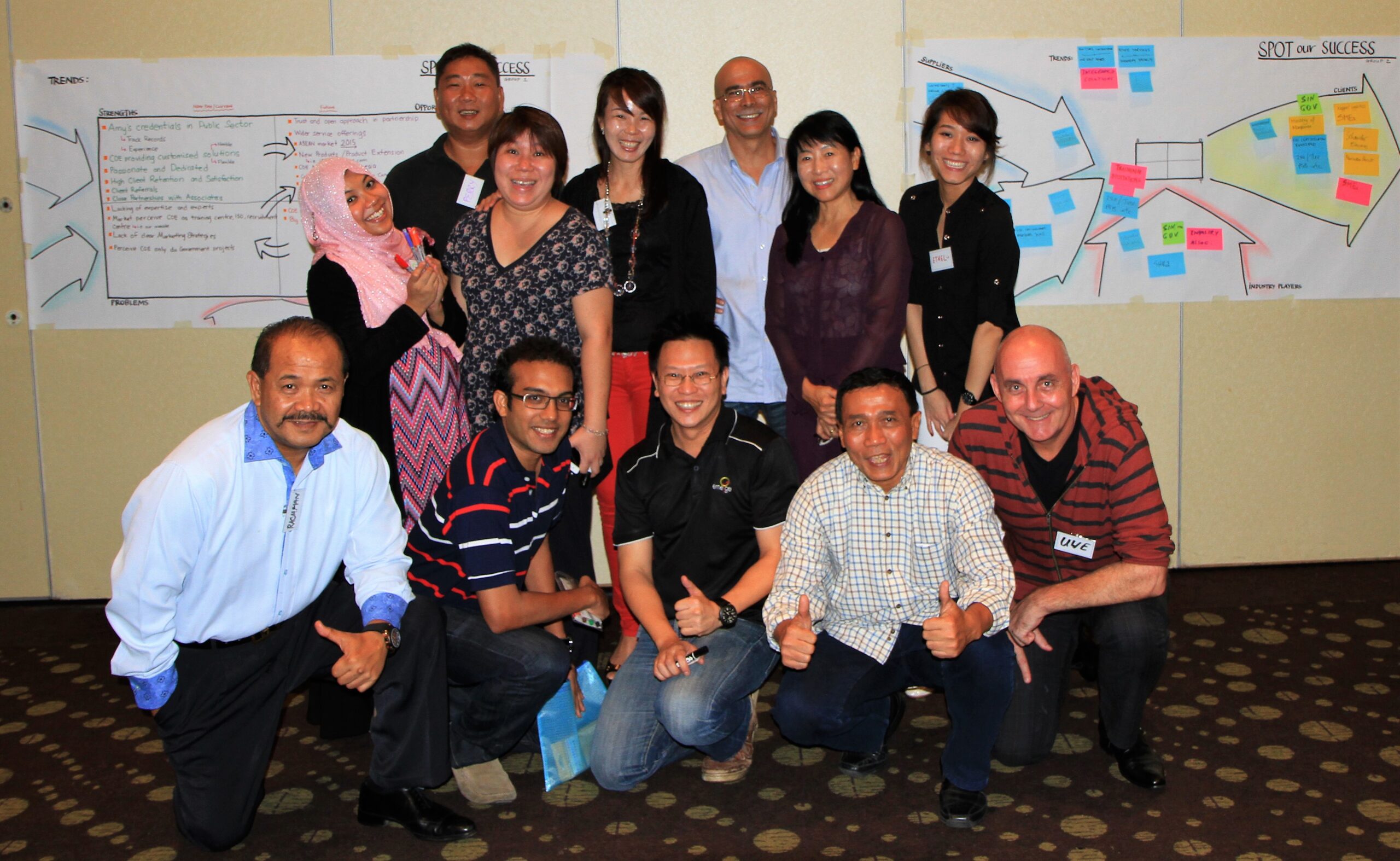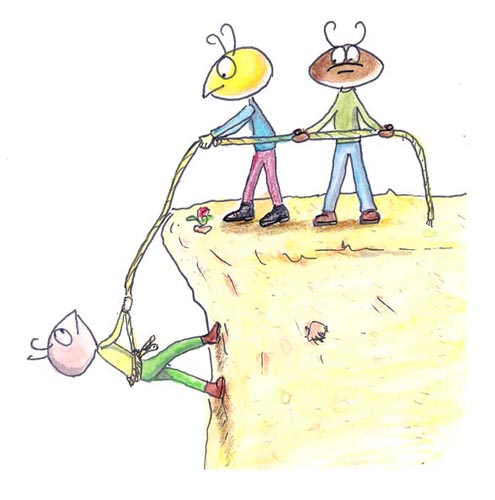
Difficult Conversations
Keeping Mentoring Relationships on Track
The Quality of a Relationship relies on the Quality of the Conversation. Sometimes difficult conversations are needed.
1. Difficult Conversation
The “What Happened?” Dialogue
The first part of the conversation is about the context and content. Who said what, who did what? Who intended what? What did you each contribute to the problem? This question focuses on three main areas:
Understanding Each Other’s Story
Cultivate the attitude of discovery and curiosity. We often get stuck thinking that our story is “right” and their story is “wrong,” when in fact there is almost always some reasonable basis for both sides’ stories. Explore each other’s stories, instead of attacking his/hers and defending yours. Your goal is to tell the story in such a way that the third party might say, “Wow, that view makes a lot of sense.”
Note: As you try to do this, you’ll notice yourself thinking things like, “Yeah, but they’re wrong,” or “That’s their view, but it’s not justified.” This kind of thoughts are natural. But remember, they don’t think they’re wrong. Your goal is to understand their view as they understand it. Understanding their view does not mean you agree with it, or that you have to give up your view.
Sorting out Contributions
Just as it takes two to tango, most problems stem from things both sides said or did. With a few important exceptions, it is rarely helpful to assign blame for what went wrong. What is more helpful is to explore what each side contributed to the problem at hand. The purpose of exploring what each person has contributed is to better understand the past, and plan ways to change interactions in the future.
Disentangling Intent and Impact
We are in the habit of demonising others’ intentions and sanitizing our own: “If he did something that hurt me, it is because he meant to. If I did something that hurt him, it was an unintended consequence – I had good intentions!”
As a rule for life we should always assume that there is no one waking up in the morning with the intention of hurting someone else.

2. Difficult Conversation
The Feelings Dialogue
This part involves the feelings each person in the conversation is grappling with. What should you do with these feelings? Should you tell them how you feel? And what about their feelings? What if they become angry, or start to cry? What will you do then?
This is where you need to have a difficult conversation.
My Feelings
Make a list of some of your feelings regarding what has happened. Common feelings include anger, frustration, hurt, shame, confusion, fear, anxiety, and loneliness. Many conversations also involve feelings that are considered positive, but which are nonetheless difficult to manage or express. These include joy, pride, and love. Which feelings are hardest for you to express, and why?
Their Feelings
Make a list of what you imagine the other person might be feeling. Which of these feelings are hardest for you to hear, and why?
Note: Being aware of your feelings does not mean you have to express your feelings. Simply being aware of them is helpful to recognise how you think about the situation and the conversation. If you do choose to share your feelings, be careful to express feelings and not your judgments about the other person. For example, if you feel that you are rejected by the team, say “I feel that I am not accepted by the team,” instead of “Why are you rejecting me?” The difference between the two is crucial: the first invites conversation, the second invites an argument.

3. Difficult Conversation
The Identity Dialogue
This is the conversation you have with yourself, about yourself. It is the conversation that asks, “What does this all say about me? Am I a good person? Loveable? Competent?”
My Self-Image
Conversations are difficult because they often threaten some part of our identity. We see ourselves as competent, generous, or fair, so anything that challenges that notion of ourselves knocks us off balance. Recognise what is at stake for you, but also “complexify” your image of yourself so that all does not hang in the balance of this one conversation (i.e. even if in this situation you have in fact behaved irresponsibly, it does not necessarily make you an irresponsible person. Think of other times when you have acted responsibly).
Their Self-Image
What identity issues might you be triggering for them in the conversation? Are they reacting because they hear you calling them an incompetent professional, insensitive manager?
Prepare an Opening Line
Think in advance about how you might begin the conversation. One useful way to go is to set forth your purposes, so you might say: “I would like to hear your thoughts on this problem and express my own. Then I think we should take some time to problem solve. Does that make sense to you as a way to spend the conversation?”
Choosing My Purpose
Too often, we enter a difficult conversation without a clear purpose, or we adopt purposes we cannot control – like changing them or persuading them. Only they can decide to change or be persuaded, so this sets us up for frustration.
My purposes for having a conversation. Make a list of those things you would like to get out of the conversation. In doing so, consider three purposes that are helpful for almost any difficult conversation:
- Learning: Listen first to understand, then to be understood. You almost never know everything you need to know about the situation. Seek out the pieces of the puzzle you do not have.
- Expression: You are an unparalleled expert on you. So, speak for yourself and how you are experiencing the problem and what impact it has on you. Consider sharing your perspective, interests, feelings, and requests.
- Problem-Solving: You take the lead. Once you have listened to their views and expressed your own, then you should proceed to problem solving. Ask: “Can we find a way to move forward that works for both of us?”

Conclusion
A difficult conversation will always be part of the relationship with your mentee/mentor – as they are part of life. Even if your difficult conversation does not go well, you can review the tips above and ask yourself what you might try differently next time. Many difficult conversations are held over a period of time. While there will be ups and downs, eventually – with some thought and preparation – mutual understanding often increases and some learning takes place. This gives you the best chance for relationships to deepen and for problems to be solved.
- All Posts
- Coaching

16 May 2024

22 Jan 2024

15 Aug 2020

20 Feb 2019

3 Jul 2018

6 Mar 2018




